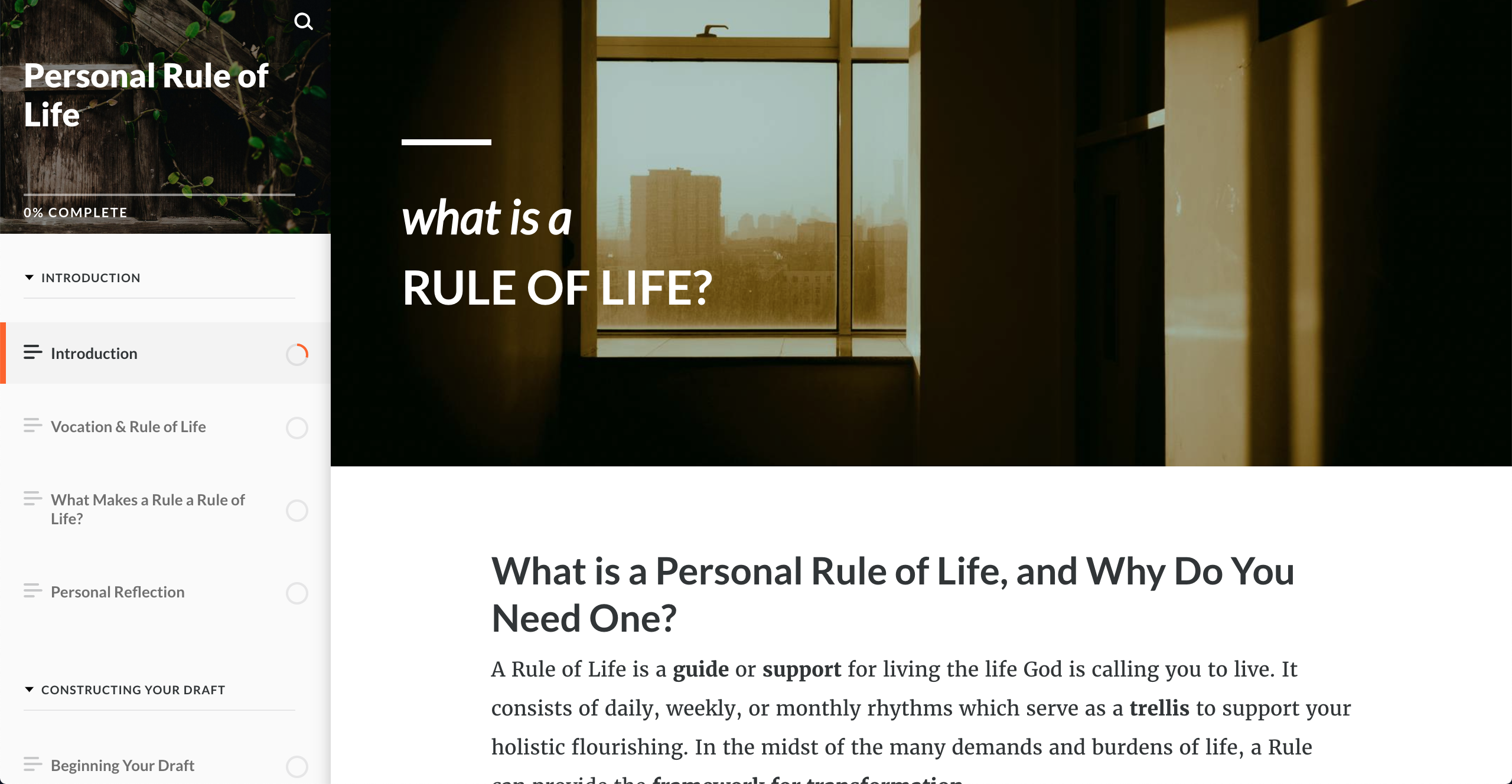
Personal Rule of Life
Tod Bolsinger

The French Revolution constituted for the conscience of the dominant aristocratic class a fall from innocence, and upturning of the natural chain of events that resounded all over Europe; the old regime became, in their imaginary, a paradise lost. This explains why some romantic poets born in the higher classes were keen on seeing themselves as faded aristocrats, expelled from their comfortable milieu by a reverse of fortune or a design of destiny. Byron and Shelley are the prime instances of this vital pose. In The Giaour he writes on a vampiric character: “The common crowd but see the gloom/ Of wayward deeds and fitting doom;/ The close observer can espy/A noble soul, and lineage high.”


